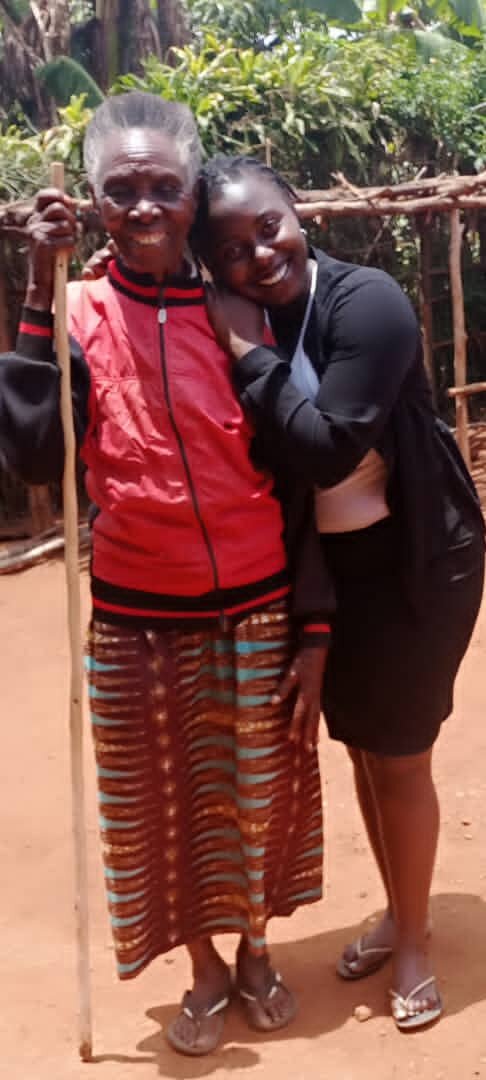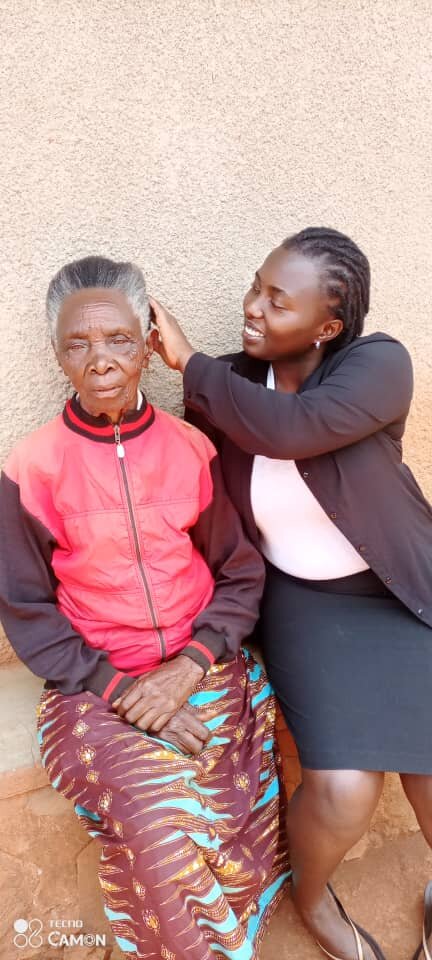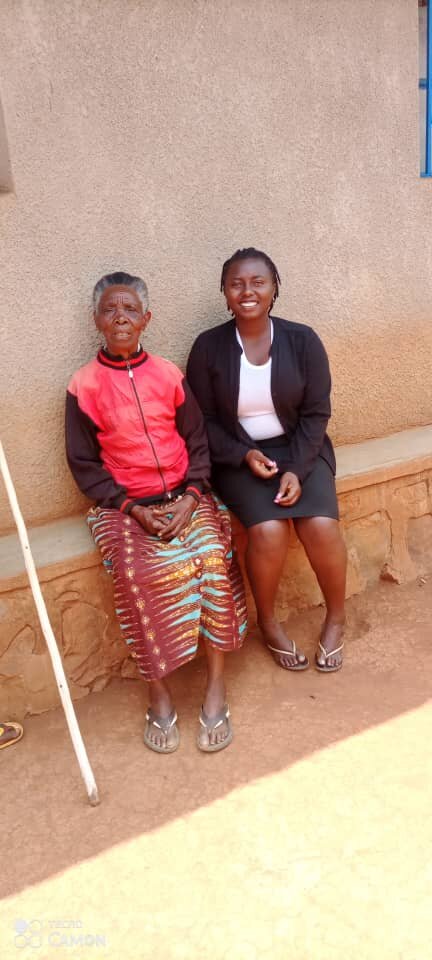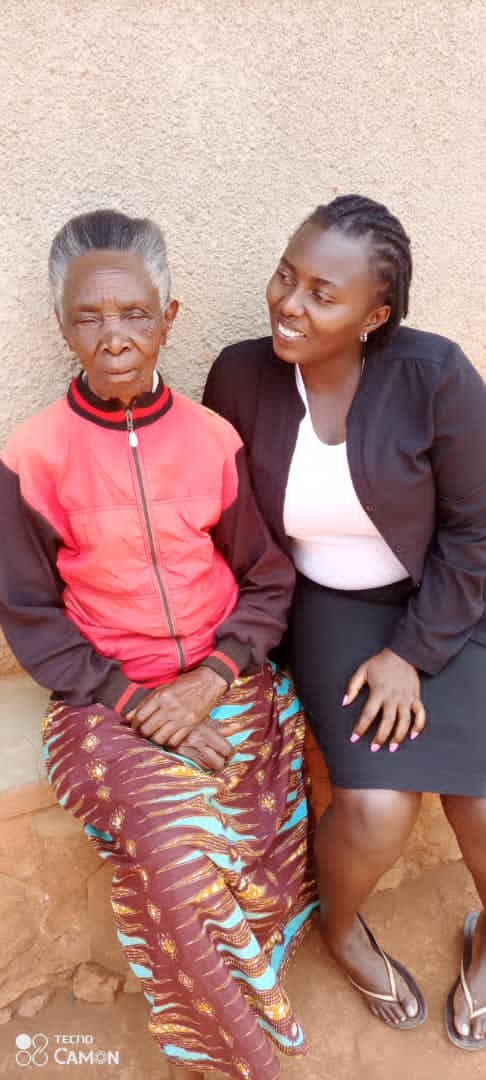Computers and Curiosity: How Komera Changed a Life
From students to employees, people around the world have had to adapt their daily lives so they can carry out their tasks and responsibilities online due to the COVID-19 pandemic. However, according to UNICEF, some 2.2 billion people below the age of 25 still do not have internet access at home. And even more disheartening is the fact that, “…the gender gap for global internet users grew from 11 per cent in 2013 to 17 per cent in 2019. In the world’s least developed countries, it hovers around 43 per cent.” (UNICEF). Girls are also less likely to pursue tech-related job opportunities. And yet, in the midst of this news are stories of hope for women and girls who not only use technology, but also want to pursue a career in the STEM fields. Today, on the International Day of the Girl (October 11), we are thrilled to share one of these stories with you.
Olivia was 16 years old the first time she saw a computer. After becoming a Komera scholar and starting her studies at FAWE Girls School, she entered the computer lab with the other girls. “Most of them knew what they have to do with the computer, but I didn’t know anything. I didn’t even know how to switch it on or off,” Olivia told us. “In the high school, the only time we had, it was 30 minutes to go to the computer lab, then go back to the classes. So I never interacted with it normally…I could say that growing up, there was no technology. There was no electricity. There was no anything.”
Olivia grew up with her grandmother in the Kayonza district in the Eastern province of Rwanda. “There was no electricity. There were no computers. There were no smartphones. So it was hard. I never knew anything about technology. I started my primary living with my grandma. I wasn’t with my parents. I didn’t know anything about computers, about smartphones, about digital.”
These challenges didn’t stop Olivia from passing her national exams and later being accepted into the Akilah Institute, a non-profit college for women in Kigali, Rwanda and the first college for women in the country. This past July, Olivia graduated from the Akilah Institute with a diploma in Information Systems and Technology. Olivia shared how Komera affected her decision to study that topic in college. “When I joined Komera, when I attended the program after high school, I could say that I really wanted to do more. I really wanted to get to learn more about computers. I really wanted to get to know technology. Growing up I never had opportunities to engage so much into those things, into modern life. So if I got a chance, I had to grab it. I had to use it. So me joining Komera and me attending a program after high school, it affected my choice when it comes to the course that I did at the college. It really affected my decision.”
Today, Olivia is searching for a job so that she can use the money she earns to complete one more year of school. After completing one more year, she will receive her bachelor’s degree and then will be able to think about pursuing a master’s degree. It isn’t lost on Olivia how challenging it continues to be for women entering her field. According to the World Economic Forum, female students and employees are under-represented in STEM-related fields and on average, around 30% of the world’s researchers are women. Additionally, less than a third of female students choose to study higher education courses in subjects like math and engineering. “I think it’s still challenging because when you’re talking to a girl about going and do computer things, do coding, they’re like ‘I can’t do that. It’s just for boys, just for men,’” Olivia told us. “I think there are still challenges…If you want to really succeed in this career, you have to really have ambitions. You really have to have ambitions to do that because if you don’t have ambition you cannot do it.”
We can certainly see that Olivia isn’t lacking in that area as she told us she would like to give back to the community. While the area she grew up in now has electricity, they still don’t have computer labs in schools. “If I get a chance, maybe I can try to help others in this day school, in this primary and secondary school. They have electricity but they don’t have computer labs,” she told us. “I think if I got a chance, I would give back to my community because it means a lot to me.”
More than anything, we at Komera are happy that we were able to provide Olivia with the support she needed so that she could complete her studies. We were honored to hear her talk about how she felt Komera was a family that supported her academically, financially and emotionally. “I never had a chance to grow up with my mom, to grow up with my dad, to have that feeling of a family. I grew up with my grandma who is old. So when I got there, it was my first experience to feel about family, to understand what family is and what family is for. Komera is a family. And it is a very, very good family.”
Congratulations, Olivia, on receiving your diploma! We can’t wait to see what you accomplish in the future!









